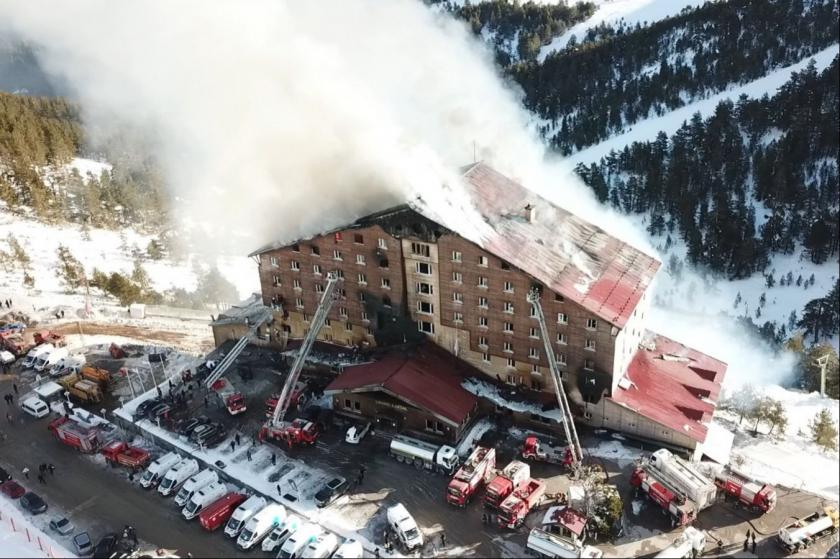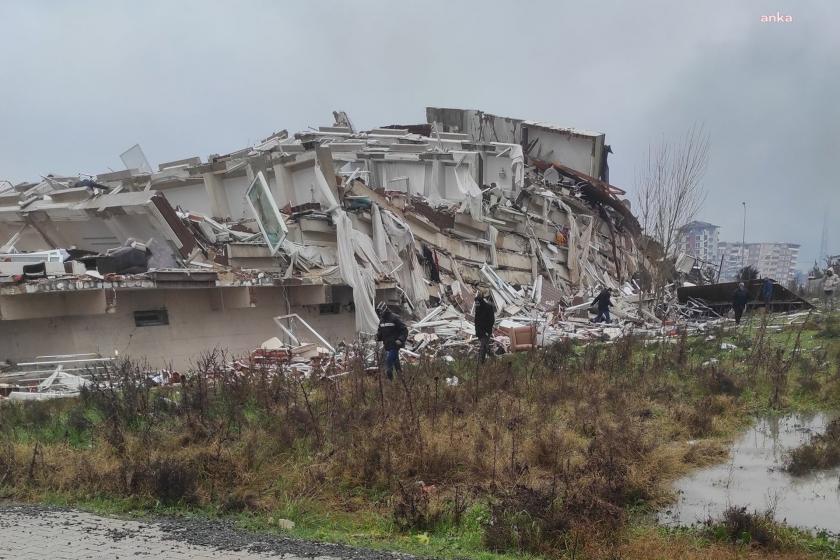Taliban sheikhs learn the free market
The US wants to turn Taliban into a trader who travels around the country with feasibility reports, cost calculations, plans investment relations, follows the stock market, and the US that pulls it into the free market.

Fotoğraf: Mir Ahmad Firooz Mashoof/AA
With those who already know the Taliban, those who think they should give it a chance, or states that say let's not rush, the world is about to jump from the brink of an experience. This is a debate about whether the barefoot mafia organization, which assumes its rule from primitive sharia, finds modern state institutionalisation infidel and permeates its own medieval order and has the largest share of the global drug trade, should be included among the established nation states. But this debate has almost been concluded during previous bilateral negotiations and at the most recent NATO summit.
Of course, a world where the Taliban are not only recognized by several Middle Eastern dictatorships and Pakistan, but also adopted by member states of international organisations such as the UN and NATO, will not be the same. The world, which expects itself to form its state with a constituent assembly-like formation by gathering all ethnic identities, has for now received the answer with the declaration of an emirate.
Pushing the Taliban from behind onto the world political scene; It was the United States that was complicit in the millions of dollars that the organisation, which it fought for more than 20 years, and was a launderer in the occupation organizations, while making the U.S. pay for the occupation expenses to a shapeless organisation it called the 'international community'. In this respect, it is worth keeping a distance from sharp findings such as that the United States had to leave the country like they did after the defeat in Vietnam. The imperative is elsewhere. Times have changed, and the US relationship with the Taliban has to change.
US Secretary of State Anthony Blinken said it could be a positive thing for China to intervene in Afghanistan after the China and Taliban talks, which both sides were pleased with, stated about the Taliban, which he said he was seeking international recognition: 'It probably wants its leaders to be able to travel freely around the world, the sanctions to be lifted.' The country's Foreign Minister, who initiated a phase titled Trade Wars with China, seems to agree with the moves of his two main enemies, and if he is pushing them together, it may not be because he wants the two to break each other.
That's not how imperialism works. The lesson of Afghanistan for imperialism, which welcomed the struggles for national liberation in colonial countries last century with the slogan 'Nations' right to self-determination' and made strategic calculations of new colonialism rather than standing in vain in front of the flow, is similar to Wilson's.
Instead of having an organised crime group, whose morality is shaped by the drug swamp it planted in its 7th-century accumulation, the US wants to turn Taliban into a trader who travels around the country with feasibility reports, cost calculations, plans investment relations, follows the stock market, and the US that pulls it into the free market. Market ethics, which were tried to be dressed up by the Taliban instead of Sharia law, came from China in a package. This package paves the way for some Taliban members to become bosses and the rest to cheap labor. China has imposed a requirement not to violate some of its specific security issues only in exchange for a promise not to interfere in Afghanistan's internal affairs.
While the U.S. thinks market relations will tame the Taliban, China, which so far has never troubled the political forms of the states it trades with, is not interested in that matter. What concerns China is being able to operate Afghanistan's untouched mines which worth at least $1 trillion under the ousted Afghan government, with the permission and escort of the Taliban.
Because Afghanistan is a country where the basic raw materials of non-oil-related technology, which is a rapidly developing in China, are plenty such as platinum, lithium, uranium, as well as mines such as silver, copper and aluminum. Lithium is used in many devices, from mobile phones to oil-free cars, and is a factor of major dependency in the industry's immediate future. China has not just discovered this situation, it should be noted that its eyes have been on Afghanistan for years. Afghanistan is also one of the sources of nutrition for the Belt and Road Initiative Project, which is the country's biggest claim in recent times. The problem of instability, which will make a significant contribution to the capitalist development of both China and these regions where capital circulation is interrupted for various reasons, has become the unfulfilled desire of international companies.
As always, the Turkish government has smelled the possibility of restructuring in a Taliban Afghanistan. It’s looking for ways to get down the chimney or the hill if he's not through the door to the land of redistribution, or at least to be seen cleaning the area. Maybe it will strike gold!
We will see how the Taliban, which is encouraged to overcome getting stuck in an informal economic space and rather to become actors of normal capital accumulation or to unite the two, will affect the near future of the world. With this handshake, the Taliban may not be able to wear a loafer and tie, but the world, which has little doubt that it is, could be infected by the Taliban's futurism. Because that recognition is nothing of little importance; it also means that the spirit of the current law, on which established states base their existence, is kicked out of the door which is wide-opened for Taliban.
A Taliban world... yes, a double-edged knife.











Evrensel'i Takip Et